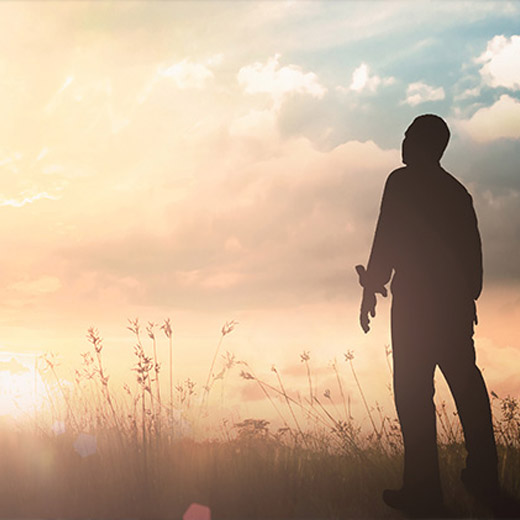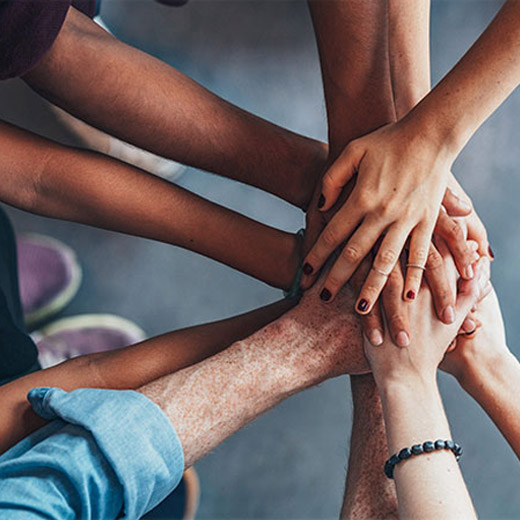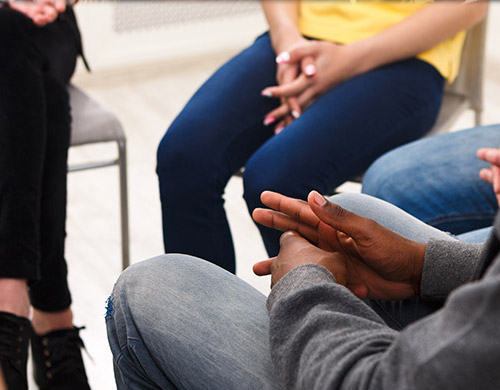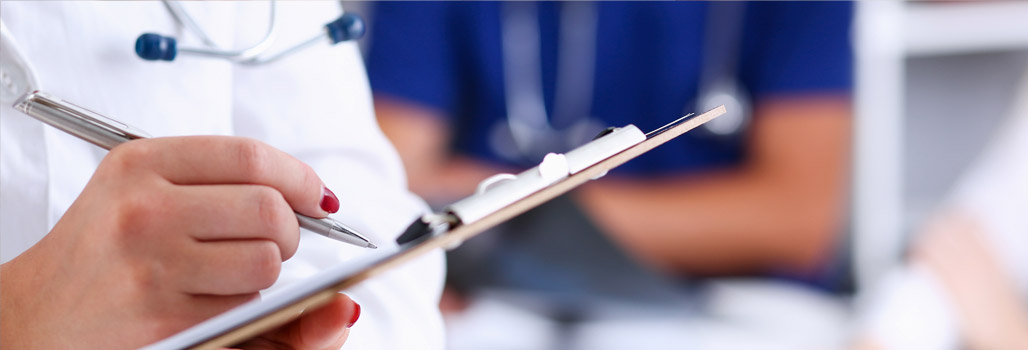Whenever you or a loved one has an alcohol or drug addiction you may struggle to understand how to address it. You can treat dependence although it is a disease, and long term recovery is attainable through professional addiction treatment intervention methods.
Find out how holistic addiction treatment can assist yourself or someone you love in beginning and maintaining a sober future.
What is Addiction Rehab (Rehabilitation)?
The term addiction ‘rehab’ is applicable to all of the medical and psychological treatments used to help individuals who are struggling with dependencies on recreational, illegal and prescription substances.
Rehab approaches are best when they are personalized to your lifestyle needs, and may include residential programs, outpatient care, medically-managed detoxes and relapse prevention programs.

Facts & Statistics about Addiction in Mission Viejo
Prevalence of Substance Use Disorder, by Drug Type
(IN THOUSANDS)
- 2,7578.5%Any Substance
- 2,0886.4%Alcohol
- 1,0683.3%Ilicit Drugs
- 2060.6%Pain Medication
Drug- and Alcohol-Induced Deaths by Age Group, California, 2016
- Alcohol-Induced
- Drug-Induced
- 18 to 250.5
- 9.6
- 26 to 354.3
- 13.9
- 36 to 6424.2
- 22.9
- 65+23.7
- 9.4
Drug Use, by Selected Type and Age Group California, 2015 to 2016
- 12 to 17
- 18 to 25
- 26+
- Marijuana*13.2%
- 34.0%
- 13.5%
- Misuse of Pain Medications3.5%
- 8.0%
- 4.3%
- Cocaine0.8%
- 7.2%
- 1.8%
- Heroin0%
- 0.4%
- 0.2%
What are the treatment options available in Mission Viejo?
By integrating treatments, the primary causes of substance use disorders can be explored and treated. Through learning natural coping mechanisms you can overcome substance abuse while tackling the primary symptoms of dependence.

Private Residential Programs
Residential rehabilitation programs require you to reside on the same property that you are receiving treatments in. The main benefit is being able to receive holistic support and treatment all day. Moving out of your home environment and entering a rehab center can cushion you against the stressors that impact your use of substances.
Successfully completing your treatment program and avoiding relapse is much easier if you reside in a safe and controlled environment. Residential programs are considered most effective if your substance dependency is chronic or severe, or if you suffer from co-occurring disorders or have a dual diagnosis.
We understand that the early stages of recovery are pivotal and after a residential treatment program, you will need to stay focused in order to maintain your sobriety. Finishing your residential rehab program is the beginning of your newfound independence and you will focus on setting goals for your substance-free future.
Do You Need Help?
Our admissions team is ready to answer your questions.

Sober Living Programs
Sober living programs are designed with the necessary guidance to help recovering individuals get what they want from new life in recovery. They help you through:
- Daily check-ins from a house manager
- Developing guidelines to help your behavior in recovery
- Guiding you to build strong relationships with peers who are having similar experiences to you
Outpatient Programs
Outpatient programs are easy to adjust to so that you can continue any work/life commitments and still receive treatments, by attending the rehab facility in your own time.
Outpatient programs support you with:
- Education on abusing drugs
- Group therapy and individual therapy as drivers for long-term recovery – You must be enrolled in an outpatient program for at least three months, and may continue the program for longer than a year if required.
Detox Only Programs
The early steps of a treatment program is detoxification, which eliminates all traces of substances from your system and addresses your dependency on it. As your body stabilizes without needing the drug it was dependent on, withdrawal symptoms typically occur.
After this you will continue forward in your recovery journey, as you come to terms with the main causes that contributed to your addiction, to help you understand how to avoid it in the future. It is normal to confront withdrawal and cravings for a while after the substance has been removed from your system. You can reduce the chances of relapse by building coping skills for long-term abstinence.
Paying for Private Treatment
The cost of private treatment may be claimed back through your insurance policy or funded with your own money. Many insurance providers will provide cover for some of the costs of treatment, including a drug or alcohol detox, a treatment program, and any aftercare provisions you may need.
The amount covered will be determined by your provider and the details of your policy. Always confirm the amount of cover you can claim before enrolling in a treatment plan. Our Verify Your Insurance page can help you understand how much cover you can claim.
If you do not want cover from your insurance provider, you will need to pay the treatment centre directly. Some treatment providers may provide payment plans to clients who find the costs unaffordable upfront.
State Funded Programs
State-funded treatment programs were developed to support people without the financial means to overcome alcohol addiction or substance use disorder.
These programs provide funding from Medicaid and federal/state budgets to support recovery through:
- Services for a safe detox (medically-assisted if required.
- Rehab programs and aftercare support services
In order to participate in a state-funded treatment program you will need to submit proof that you reside in a low income household or that you do not have health insurance:

- Where you live
- How much you earn
- Evidence about your drug or alcohol misuse
- Living legally in the US
The following state-funded addiction rehab programs are available in Mission Viejo:
Truvida Recovery Crest Recovery LLC
26886 Pueblo Nuevo Drive, Mission Viejo, CA 92691
949-367-5587
http://www.truvida.com/Laguna Shores Behavioral Health LLC
27381 Via Primero, Mission Viejo, CA 92692
949-500-7286
lagunashoresrecovery.comSouthern California Sunrise Recovery Center LLC
25681 Sabina Avenue, Mission Viejo, CA 92691
949-533-3046
https://socalsunrise.com/
Maintaining Addiction Recovery in Mission Viejo
You may undergo some initial difficulties when first leaving treatment. You had the benefits of professional support in a controlled environment at the rehab center. Your coping skills will be put to the test when you leave rehab, as you may experience some challenges that you still need to learn to deal with. Long term sobriety is more difficult to maintain when you have had a severe dependency and do not have social support when you leave rehab. Relapse can occur when you don’t have aftercare to support you in your new-found sobriety.
The following AA/NA meetings are available in Mission Viejo:
SHEPHERD OF THE HILLS CHURCH
Dealers Choice Group and Closed:
26001 Muirlands Boulevard, Mission Viejo, CA, 92691
Thursday: 7:30 pm
https://www.drugstrategies.org/AA - Mens 3g Book Study big Book And 12 X 12
Closed and Men: 26558 Marguerite Parkway,
Mission Viejo, CA, 92690
Thursday: 6:30 pm – 7:30 pm
https://alcoholicsanonymous.com/AA - Womens Topic Discussion Mission Viejo
Wheelchair Access, Closed and Women:
26051 Marguerite Parkway, Mission Viejo, CA, 92690
Wednesday: 9:30 am – 10:30 am
https://alcoholicsanonymous.com/
Aftercare & Alumni Programs
Aftercare programs extend your rehab program once you return to your daily life. Because it’s hard to predict what’s going to happen from one day to the next, up to 60% of clients in recovery sadly relapse, making ongoing aftercare an important feature of recovery. When your rehab program draws to an end, we will help identify the therapies and counseling that is helpful for your long-term recovery and an appropriate aftercare provisions will be designed to assist you.
Those who complete their drug or alcohol treatment programs can join an alumni community program like ours, which gives you the chance to engage with staff and peers. You can attend team events, participate in various initiatives, build relationships, and receive support from other members who are also in recovery. You may also want to return the favor by showing support towards other people.

Support Groups (Fellowship Meetings)
Support groups are vital to long-term sobriety as they recognize the importance of social structures in addiction recovery. Addiction support groups such as AA (Alcoholics Anonymous) and NA (Narcotics Anonymous) facilitate regular support using the 12 steps and regular meetings. You will be empowered from lived experiences of others and share your own challenges in recovery. Many people in recovery attend nearby meetings to support them in the early and later stages of addiction recovery. Support groups provide them with the necessary tools tools to stay away from substances, and allow them to take responsibility for their own journey in recovery.
Support for Families & Children Affected by Addiction
Some individuals living in an addicted household are impacted more than other individuals. Support is vital for all family members, not just the person struggling with the dependency.
Participating in a family support group can help you to cope better, as well as empower you to provide greater support to those struggling with dependency. Some important support groups for families and children affected by addiction include:
- Parents of Addicted Loved Ones
- SMART Recovery Family & Friends
- NAMI Family Support Groups
- Al-Anon
- Families Anonymous
- Alateen
- Nar-Anon










